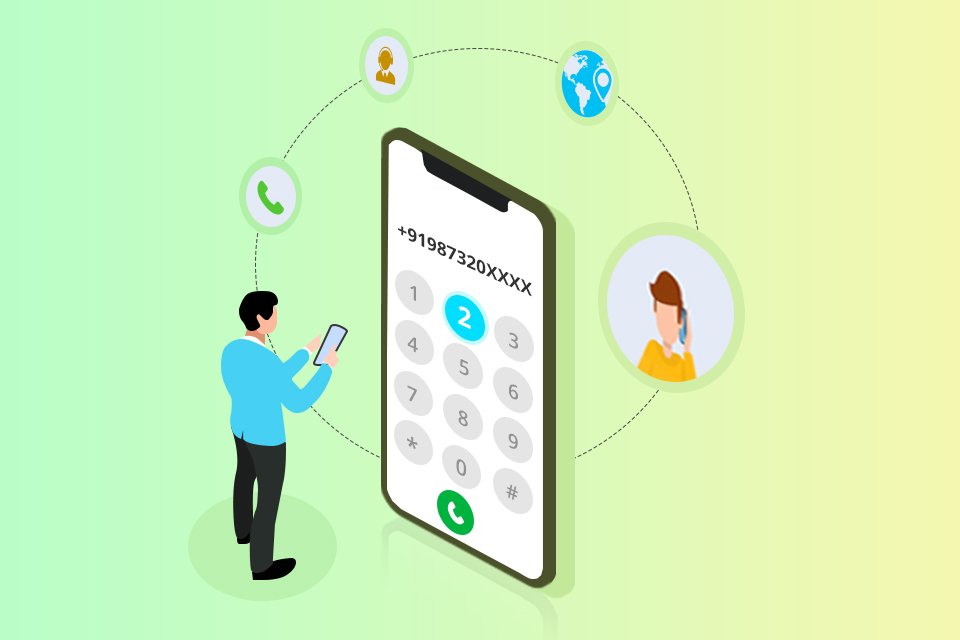In today’s rapidly evolving corporate landscape, integrating innovative solutions to enhance employee engagement and productivity is becoming a priority. Among these solutions, gaming platform services are emerging as a powerful tool in talent management systems. By leveraging game mechanics and technologies, companies can revolutionize the way they train, engage, and assess their workforce.
The Rise of Gamification in Talent Management
Gamification, the use of game elements in non-game contexts, has proven to be an effective strategy to increase motivation and enhance learning outcomes. According to a report by Markets and Markets, the global gamification market is expected to grow from $9.1 billion in 2020 to $30.7 billion by 2025, at a Compound Annual Growth Rate (CAGR) of 27.4% during the forecast period. This growth is largely driven by the need for improved user engagement across various business operations, including talent management.
Integrating gaming technologies into talent management systems allows organizations to capitalize on the intrinsic motivation that games provide. Employees are more likely to engage with training modules that are interactive and reward-driven, mirroring the compelling nature of games.
Key Trends Shaping Integration
1. Adaptive Learning Through AI: Advanced gaming platforms, powered by Artificial Intelligence (AI), offer adaptive learning systems that customize training materials based on an individual’s performance and learning pace. This personalized approach ensures that employees receive training that is tailored to their specific needs, enhancing learning efficiency and retention.
2. Real-Time Feedback and Analytics: Gaming technologies provide immediate feedback, a critical element in the learning process. This instant feedback helps employees understand what they are doing right and where they need improvement, without the typical delay associated with traditional training assessments. Moreover, managers gain access to real-time analytics that measure employee engagement and effectiveness, enabling better decision-making in workforce development.
3. Increased Collaboration and Engagement: Multiplayer gaming scenarios foster teamwork and communication among employees. These scenarios require players to collaborate to achieve common objectives, mirroring collaborative tasks in the workplace. This not only enhances team-building but also makes the learning process more engaging and enjoyable.
4. Scalability and Accessibility: Cloud-based gaming platforms ensure that gamified learning experiences are accessible to employees anywhere and anytime. This scalability and flexibility are crucial for multinational corporations seeking uniform training experiences for their globally dispersed workforce.
P99Soft: Pioneering Gaming Integration in Talent Management
P99Soft stands at the forefront of integrating game streaming services and gaming technologies into talent management systems. By providing robust game-based solutions, P99Soft enables organizations to create a more engaging and effective learning environment. These technologies are designed to meet the diverse needs of a dynamic workforce, making training enjoyable and productive.
How P99Soft Enhances Talent Management
By leveraging P99Soft’s advanced gaming technologies, companies can transform their talent management strategies. These technologies enable the creation of customized training programs that are not only instructional but also compelling and fun. Furthermore, P99Soft’s solutions ensure that these programs are scalable and accessible, meeting the needs of today’s mobile and diverse workforce.
FAQs
Q1: How does gamification improve learning outcomes in talent management? Gamification enhances learning by making the process engaging and interactive, using rewards and instant feedback to motivate employees continuously.
Q2: Can gaming technologies measure employee performance effectively? Yes, gaming technologies provide detailed analytics that can track an employee’s progress and engagement levels in real-time, offering valuable insights into their development.
Q3: Are gamified training programs customizable for different roles within the organization? Absolutely. One of the strengths of gamified systems is their flexibility to adapt to various job roles and training requirements, ensuring relevance across all levels of the organization.
Q4: How do multiplayer gaming scenarios benefit team dynamics? Multiplayer scenarios encourage communication and collaboration, critical skills for workplace teamwork, by engaging employees in common goals within the game.
Q5: What are the technical requirements for integrating gaming technologies into existing talent management systems? Integration generally requires a stable internet connection and sufficient bandwidth to support cloud-based gaming platforms, along with backend support for analytics and data management.
Conclusion
The integration of gaming technologies into talent management systems represents a significant shift in how organizations approach training and development. With companies like P99Soft leading the charge, the potential to enhance learning and performance through gamification is immense. As these technologies continue to evolve, they will undoubtedly play a crucial role in shaping the future of corporate training.
Are you ready to transform your organization’s learning environment with innovative gaming technologies?
Also know AI in Gaming 2024: Enhancing Experience & Engagement



